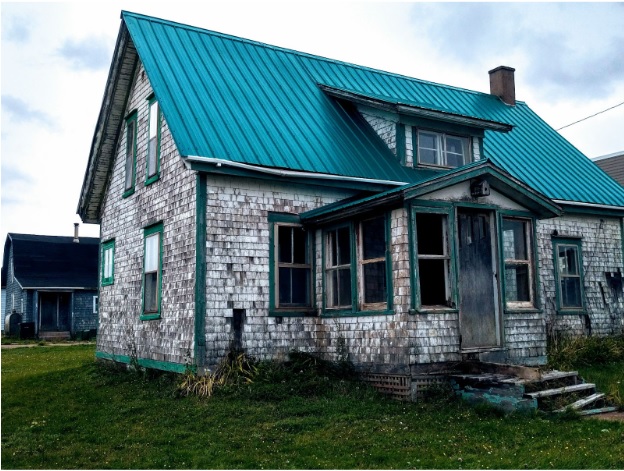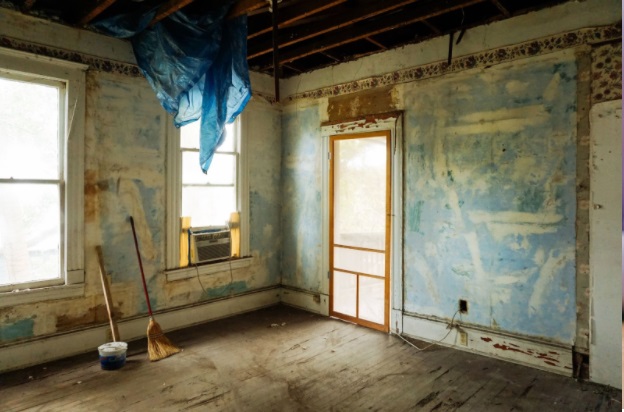
Nobody wants to live in a dilapidated home. We all want a place where we can come home to an environment of relaxation and comfortable living—certainly not a messy, broken-down house that’s far from being stress-free.
This means that, as a landlord or homeowner, you need to treat your property with care to ensure it lasts for decades to comes. Tenants won’t want to occupy your rental property if it’s falling apart and neither will you. You need to perform frequent maintenance on your rental property, and do everything you can to protect your hard-earned assets in the long term.
In this article, we will discuss some tips and tricks to keep your property in tip-top shape.
5 Tips for Maintaining Your Rental Property
First thing’s first, maintaining your property is mandated by law. If you are located in Michigan, you are liable under the warranty of habitability law to keep your rental property liveable.
The law states that a landlord must abide by 3 factors:
- The property and all common areas must be fit for use.
- The property must be kept in reasonable repair while under a lease.
- The property must comply with health and safety regulations.
If you don’t follow the warranty of habitability law, tenants can either withhold rent until you make the repairs (no income for you!) or resort to repair and deduct—where they’ll make the repairs themselves and deduct the costs from rent payments. It may deceivingly sound convenient, but experienced landlords know that leaving repairs to tenants likely means cheap fixes and short-term solutions.
By following the law, you can avoid consequences and protect your properties.
To help keep in line with the warranty of habitability law, here are best practices to maintain your rental property.
1. Establish Easy Communication with Your Tenants
The first step to keeping your rental property maintained is to communicate with your tenants if you aren’t living there. Your tenants will be the ones living in your rental, which means they are the first to find any need for repairs. Plus, you don’t want to leave a problem unattended for too long, or it becomes permanent damage.
Having regular communication with tenants is important for catching necessary repairs immediately.
Always provide a way for your tenants to get in touch with you easily. Your goal should be to make it easy for you to get ahead of important repairs before they cause major damage.
2. Perform Regular On-Site Inspections
Schedule a yearly inspection with your tenants or for yourself so you can have a frequent, in-person idea of the status of your rental. Getting an expert to help is also not a bad idea. You should look out for tell-tale signs of property damage, like the following:
- Broken windows and screens
- Leaky plumbing
- Discoloration on walls and ceiling
- Burn marks around sockets
- Malfunctioning smoke detectors and fire extinguishers
Your goal in performing regular on-site inspections is to catch any signs of water damage or gas leaks that can lead to costly repairs down the road.
3. Schedule Periodic Pest Control Visits
Pests are one of the most damaging factors to a property. For instance, do you know that the US spends over $5 billion yearly for termite repairs? That’s a lot of money spent on dealing with termites that can certainly be avoided.
So, take a preventive approach by scheduling pest control maintenance once every 3 to 6 months. Have an exterminator visit the property and extinguish any possibilities of pest infestations, so you don’t have to worry about little damaging critters occupying your rental property.
We understand that regular pest control visits can be costly to your business. But, it’s a cost worth taking, especially when you consider the more-expensive alternative of dealing with existing creatures.
4. Opt for a Professional Landscaper
Not only does great landscaping help entice new tenants if you’re renting it out, but it also keeps your existing renters happy and helps you avoid many problems down the line. You can always maintain the lawn yourself, but hiring professional landscapers will give you benefits such as:
- Preventing pests from making a home in the lawn and trees
- Avoiding debris accumulation that can harm your plumbing system
- Protecting the structure of the home from nature-related issues (e.g., falling trees or overhanging branches that pose harm)
Plus, professionals will have the skill, experience, and equipment to keep all lawns, gardens, and other green areas of the rental property beautiful and functional. Many other benefits come with maintaining the landscape, but the biggest benefit is that you’ll beautify your home.
5. Hire Heating, Air-conditioning, and Ventilation (HVAC) Specialists
One of the main systems that keep a property habitable is the HVAC system. If the system fails, it becomes very difficult to live on the property. Just imagine going through winter without any heating or sweating in the summer with air-conditioning, and you’ll know what we mean!
Moreover, if an HVAC system fails, the entire cost of replacing everything can range from $5,000 to $10,000. In other words, shouldering the costs of regular maintenance is definitely better than having to replace an HVAC system eventually.
Consider hiring professionals to perform annual maintenance and constantly remind your tenants to clean and replace AC filters whenever necessary. Your goal is to avoid having an HVAC system breakage while keeping your tenants living comfortably.
Take Preventative Care of Your Property
Living in a rundown home is one of the worst things to experience. A home with no heating, full of pests, and faulty toilets is a nightmare no one wants to experience. Not only will your tenants leave right after the lease if you’re a landlord, but failing to maintain your property also means violating Michigan laws that will cause to recipe some financial penalties.
Instead, be more proactive. Keep your rental property well-maintained, stay on top of arising problems, and do everything you can to ensure that your property lasts a long time. The more you maintain your assets, the farther they’ll take you in terms of investment.
Do you have any other property maintenance tips that you’ve found useful? We’ll love to hear about it in the comments section below!
















